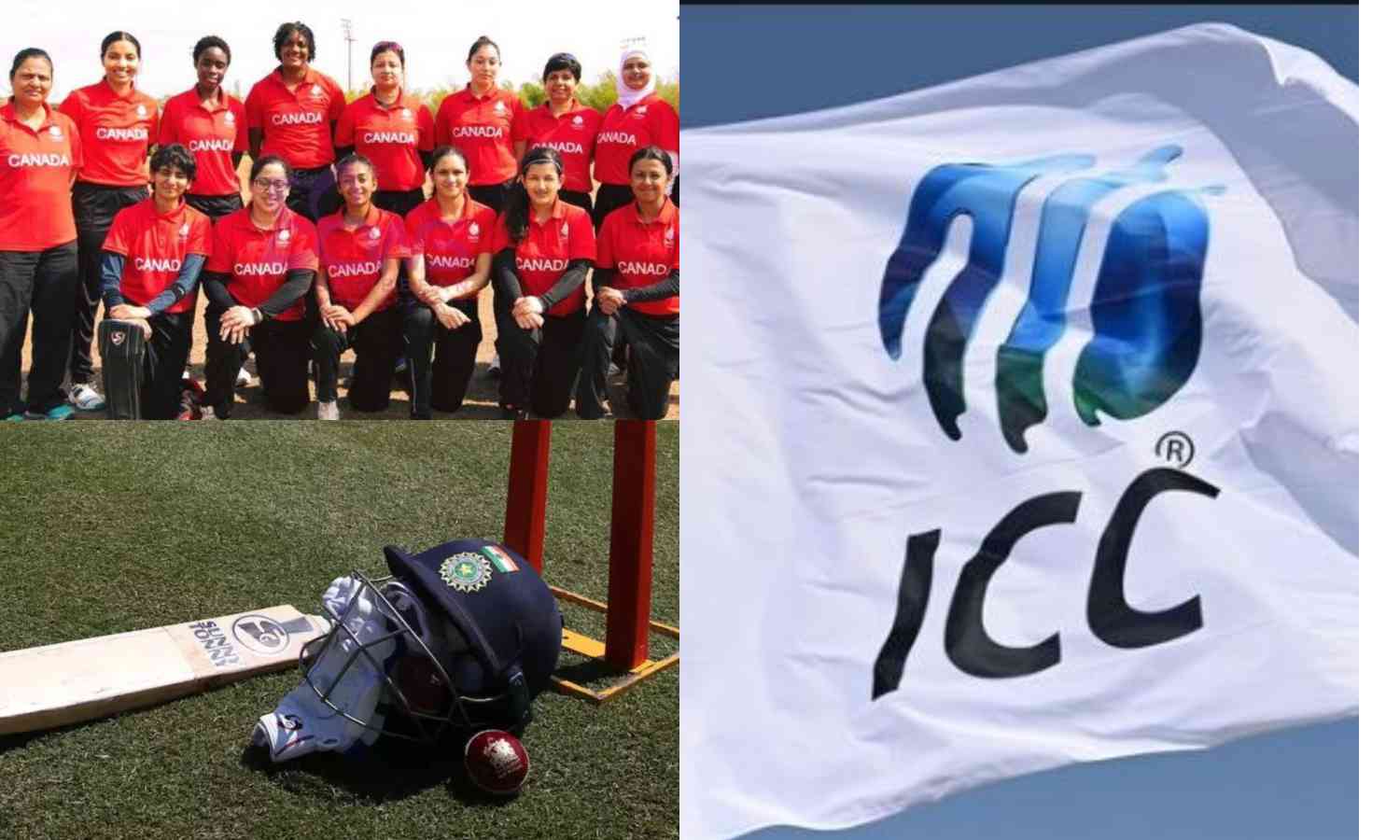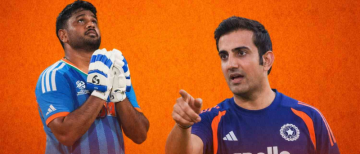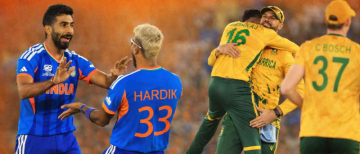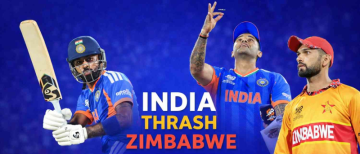The International Cricket Council (ICC) announced in 2016 that transgender women would not be allowed to participate in women's cricket. The decision was made after a review of the ICC's gender eligibility policy, which was conducted in consultation with medical experts and stakeholders from the sport. They said the policy was based on the need to "protect the integrity of the women's game" and to ensure that it was "fair and competitive."
The ICC's policy states that transgender women must have completed "male puberty suppression" and have testosterone levels below a certain threshold in order to be eligible to play in women's cricket. The threshold is based on the current scientific understanding of the physical differences between men and women.
Their decision has been met with mixed reactions. Some people have supported the decision, arguing that it is necessary to protect the fairness of the women's game. Others have criticised the decision, arguing that it is discriminatory and unfair to transgender women.

The following are some of the key arguments for and against the ICC's ban on transgender women in women's cricket:
Arguments in favour of the ban
- Fairness: The ICC has argued that the ban is necessary to protect the fairness of the women's game. They say that transgender women, who have gone through male puberty, have a physical advantage over cisgender women. This advantage, they say, could give transgender women an unfair advantage in competition.
- Integrity of the women's game: The ICC has also argued that the ban is necessary to protect the integrity of the women's game. They say that allowing transgender women to compete in women's cricket could lead to confusion and undermine the credibility of the sport.
Arguments against the ban
- Discrimination: Critics of the ban argue that it is discriminatory and unfair to transgender women. They say that the ban is based on outdated and flawed science, and that it does not take into account the wide range of natural testosterone levels among women.
- Inclusion: Critics also argue that the ban is exclusionary and harmful to transgender people. They say that the ban sends a message that transgender people are not welcome in sport, and that it could discourage transgender people from participating in sport altogether.

With respect to their latest announcement on Tuesday 21st November 2023, The International Cricket Council (ICC) on Tuesday banned transgender cricketers from participating in women's cricket at the highest level.
And here are a number of reasons due to which we believe that the ICC's ban on transgender women from participating in women's cricket could have been handled better.
The ICC's policy on gender verification has been the subject of much debate. There is no scientific consensus on what constitutes a "male" or "female" athlete, and the ICC's testosterone threshold is an arbitrary measure that does not take into account the wide range of natural testosterone levels among women.
The impact of the ICC's ban on transgender women in cricket has been significant. Many transgender women have been forced to give up the sport they love, and some have even experienced discrimination and violence as a result of the ban. This has had a profound impact on their lives and has sent a harmful message to transgender people around the world.
The ICC's policy on gender verification is complex and there are valid arguments to be made on both sides of the debate. The ICC has a responsibility to protect the integrity of the women's game, while also ensuring that all athletes are treated fairly and with respect. The ICC is currently reviewing its policy on gender verification and it is important to have an open and respectful dialogue about this issue.
There are a few ways in which the ICC could have used its platform to educate the issue of transgender women in cricket better.
The ICC could have engaged with transgender athletes and experts in the field of transgender health to develop a more inclusive and evidence-based policy on gender verification.
They could have provided support and resources to transgender women who play cricket, such as counselling and legal assistance.
They could also promote inclusion and acceptance, at the same time clarify on what grounds they chose to make decisions as such.
The ICC's ban on transgender women from participating in women's cricket comes off as a clear violation of human rights. The ICC has a responsibility to protect the rights of all athletes, and it must take steps to ensure that transgender women are able to participate in the sport they love on an equal footing.
[image credits: india today, khabri media]
© Copyright 2023. All Rights Reserved Powered by Vygr Media.

























